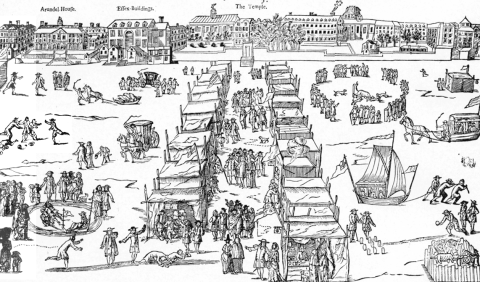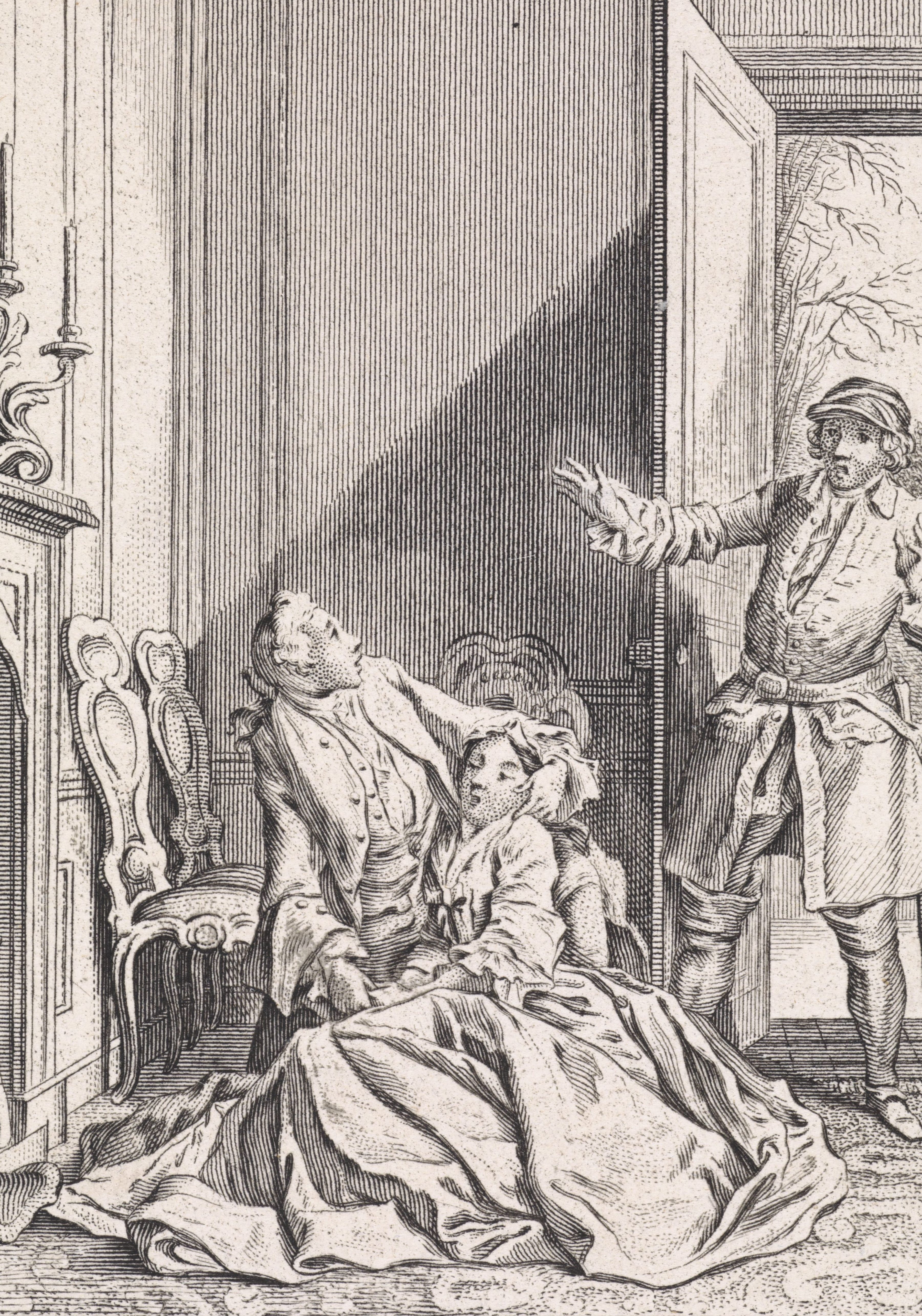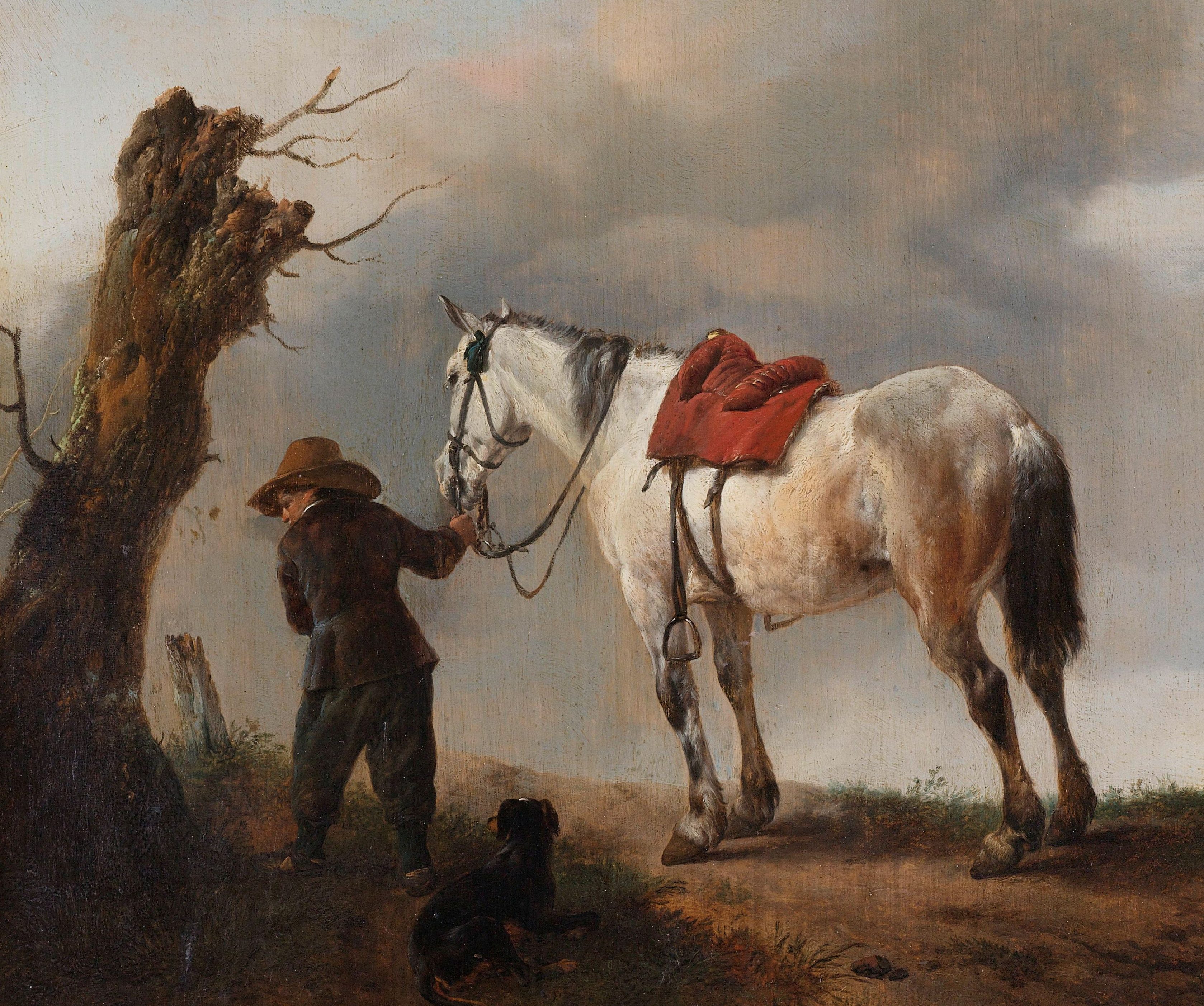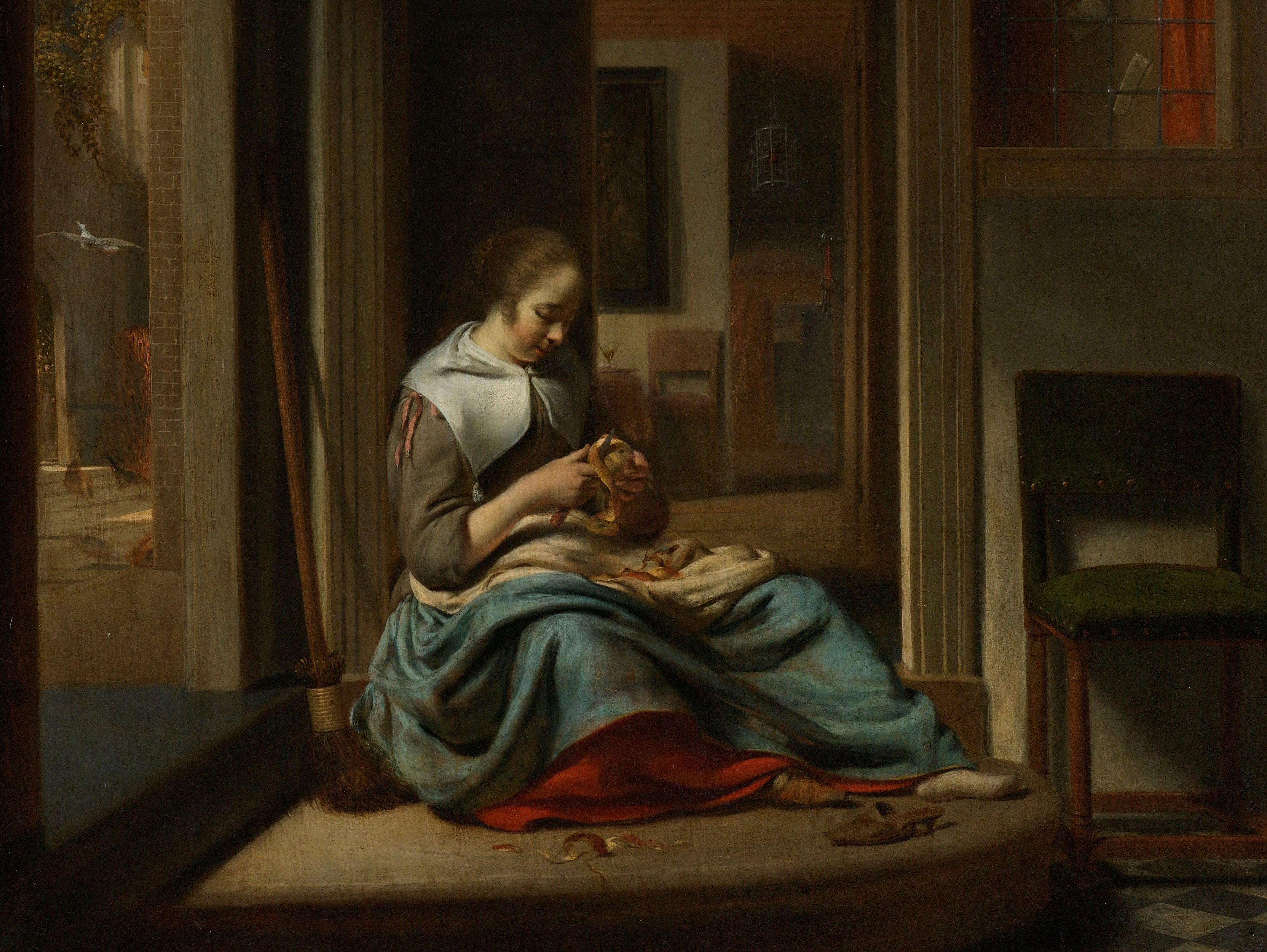We’re all feeling chilly as Christmas approaches and seeing the almost daily headlines in the national press of about an impending BIG FREEZE. It’s timely then to think about how our early modern ancestors experienced the Christmas and winter season. For Londoners winter brought a change in the physical environment
Menopause before Menopause
Today (18th October) is World Menopause Day, So we thought we’d have a look at women’s experiences in the past. Menopause was not a word that had any currency in the period covered by this blog. In fact, the word was not seen in print until 1858 and then was
Hoarse Chestnuts
It is that time of year when children up and down the country start looking out for conkers, and about the time of year when schools start banning them from the playground. They are a sign that autumn is here and that winter is soon to follow. In recent years
From the Garden
It is often said that seventeenth-century men and women used plants that could be found in the garden or the hedgerow to make their own medicines. This sometimes provides a distorted picture of how easy it was to produce medicines in the kitchen at this time. Anne Stobart has reminded
The Man with an Elephant’s Nose
by Amie Bolissian McRae In sixteenth-century Leuven, a troubled man sent for a physician to help him with his unusually long nose. The man believed that his nose was of ‘such a prodigious length’, it resembled the ‘snoute’ of an elephant. It hindered him in everything he did, to the extent




